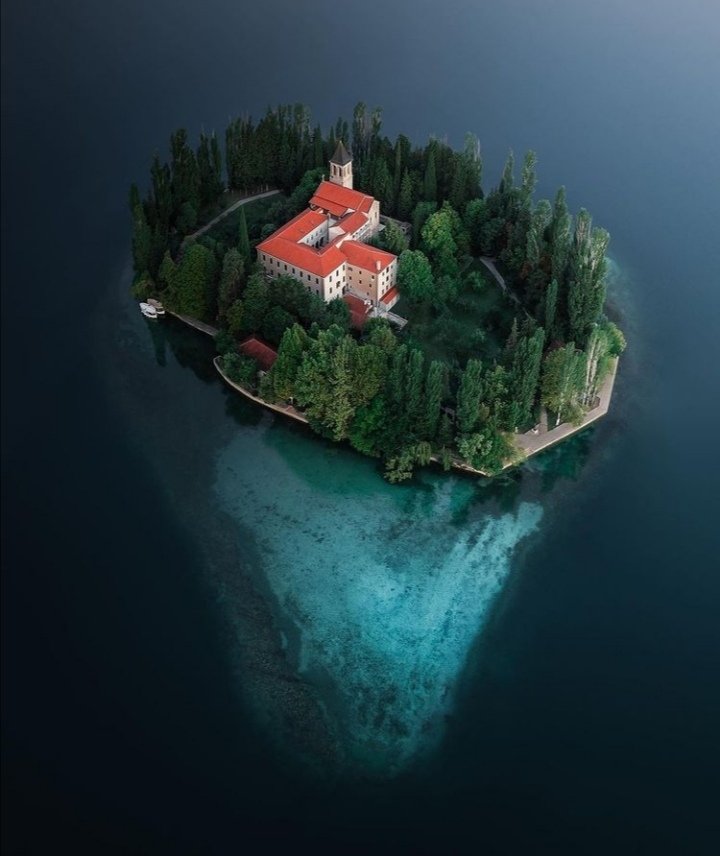No man putteth a piece of a new garment upon an old; if otherwise, then both the new maketh a rent, and the piece that was taken out of the new agreeth not with the old. And no man putteth new wine into old bottles; else the new wine will burst the bottles, and be spilled, and the bottles shall perish. But new wine must be put into new bottles; and both are preserved.
This is a postscript to what I wrote yesterday.
 In trying to correct the syntax of our books as cleanly as possible, I realised yesterday that using the Grammarly syntax checker is not enough. Since English is not my mother tongue, only a native speaker could correct my syntax properly. But since I can’t afford one, I thought of using DeepL Translator in an innovative way: retranslate my articles that are already in English into my mother tongue with DeepL and then have this same neural machine translate them back into English! It’s amazing how, in this way, it changes my syntax to a syntax and idioms that don’t sound strange. The problem, of course, is that it will take me much longer with this method to correct my Daybreak book than simply using Grammarly, an engine that only corrects grammar errors.
In trying to correct the syntax of our books as cleanly as possible, I realised yesterday that using the Grammarly syntax checker is not enough. Since English is not my mother tongue, only a native speaker could correct my syntax properly. But since I can’t afford one, I thought of using DeepL Translator in an innovative way: retranslate my articles that are already in English into my mother tongue with DeepL and then have this same neural machine translate them back into English! It’s amazing how, in this way, it changes my syntax to a syntax and idioms that don’t sound strange. The problem, of course, is that it will take me much longer with this method to correct my Daybreak book than simply using Grammarly, an engine that only corrects grammar errors.
On the other hand, yesterday I decided to remove about twenty articles from the Daybreak book to leave only the essentials in the edition that will be corrected not only in grammar but also in syntax. Since I will be revising all my books in English (which are now only available in PDFs), thanks to this initiative of using DeepL, this afternoon I will post a new featured post in which I will be uploading, step by step, the cleaned PDFs. This afternoon I will only put The Fair Race in that new featured post, and when I finish correcting Daybreak I will add it there.
 But I wanted to talk about my last comment regarding old and new wineskins: ‘The crux of all this is that white nationalists are not coming up with a new idea: they are using the old idea, the Judaeo-Christianity of their parents, and on top of that old idea they are trying to superimpose the new one. That’s just as impossible as the New Testament parable of putting new wine into old wineskins!’
But I wanted to talk about my last comment regarding old and new wineskins: ‘The crux of all this is that white nationalists are not coming up with a new idea: they are using the old idea, the Judaeo-Christianity of their parents, and on top of that old idea they are trying to superimpose the new one. That’s just as impossible as the New Testament parable of putting new wine into old wineskins!’
It’s a shame that YouTube has deleted so many racialist videos. In one of them I remember that at a conference Tom Sunic, with Jared Taylor present, said that race realism is of little use because it’s like putting this new information into old wineskins (Sunic didn’t use that parable, I paraphrase). The Croatian intellectual added that such hard science data is simply considered immoral if the religious, axiological and judicial infrastructure of a culture takes racial egalitarianism for granted.
Taylor couldn’t answer what Sunic said, as I recall; and the same could be said of Carolyn Yeager’s efforts to baptise the historical Nazis, as it were, with American standards of morality. In another of my recent comments I responded to Adunai as follows: ‘It’s funny that Carolyn’s commenters at her forum haven’t realised that being NS implies transvaluation. I quoted the following phrase in On Exterminationism: “The WN meme that the Nazis dindu nuffin and dindu mass grave killings is ridiculous and goes against the violent attitude we need to have”.’
The new wine must be put into new wineskins: the transvaluation advocated by Nietzsche that the Third Reich wanted to put into practice. That has nothing to do with the article on the so-called founding fathers that Jared Taylor published a few days ago, or with Yeager’s claims that the Nazis didn’t do mass grave killings!
And now I’ll get down to the business of correcting my book Daybreak…





